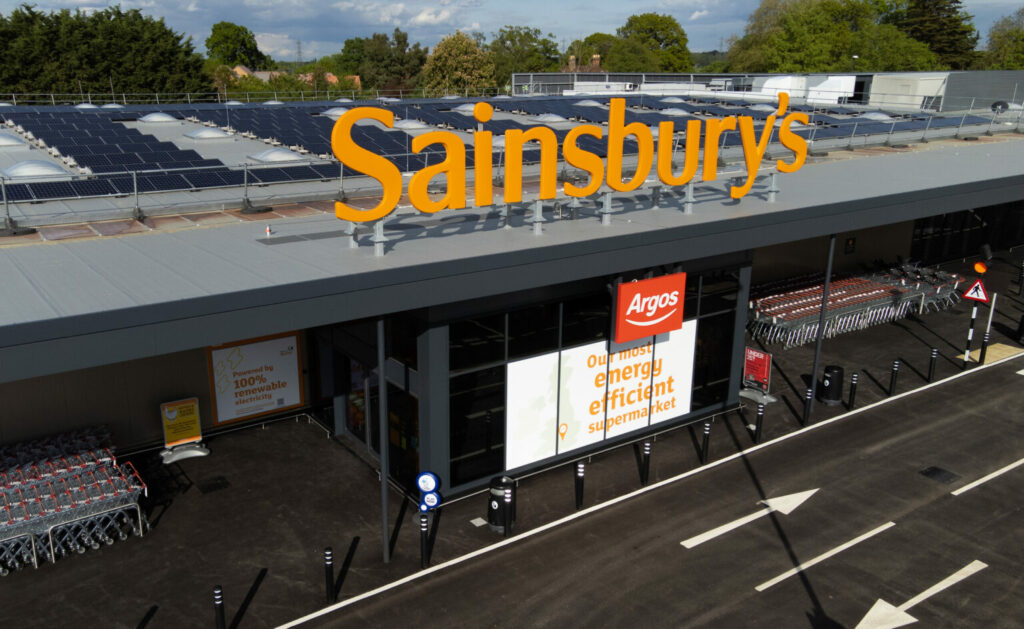Leading UK supermarket Tesco has been criticised today over its promotional offer which initially promised to refund double the difference of purchased goods against rival Asda‘s prices.
Three separate adverts from March this year promoting the Tesco Price Check have been deemed to be misleading by the Advertising Standards Authority (ASA) and can not be reproduced in their previous form because of an inconsistent message on how much consumers could save using the scheme.
Initially Tesco told customers through a TV ad and then through leaflets that it would double the difference in the form of a voucher if Asda prices proved to be cheaper than its own on selected items, but did not highlight a maximum refund limit of £20 which was introduced on March 24th 2011.
The grocer‘s website did explain the clause in the offer in its FAQ section but the homepage of the site still made the “refund double the difference” claim.
A statement from the ASA read: “We considered that the £20 limit was a significant restriction likely to affect the average consumer‘s decision to shop at Tesco during the promotional period. Because the restriction was not included in the TV ad or the leaflets we concluded that they were misleading.
“Because the restriction was only found in the fair-use policy…we concluded that the terms and conditions contradicted rather than clarified the headline claim and therefore the FAQ section was also misleading.”
Tesco defended its promotion saying that between June 20th and July 18th, by which point the offer had changed to merely refund the difference rather than double that amount, the number of transactions affected by the £20 limit represented just 0.28 per cent of all Price Check requests.
Due to only a tiny fraction of customers being affected by the refund limit, Tesco reasoned, it was not necessary to point it out in the main literature pushing the promotion and that the clause was put in place to stop tactical shopping.
ASA pointed out that the 15 complaints it was responding to were made prior to the period Tesco referred to however and that the amount of total Price Check requests that were affected by the £20 limit, from the beginning of the promotion to April 29th, was over 8.5 per cent.
The statement from ASA continued: “We noted that Tesco believed that the insertion of the £20 limit into the terms and conditions was effective in notifying customers of the limit, even though it was not stated explicitly in the ads themselves, and that this was demonstrated by a sharp drop of around 50 per cent in Price Check requests above £20 on the day after the limit was introduced.
“However, we also noted that the number of Price Check requests above £20 began to rise again after this date and that it soon returned to the pre-limit level.”
“We noted that Tesco said that tactical shoppers had threatened the viability of the offer. However, we also noted that we saw no evidence that this was the case. Furthermore, we considered that if it had been the case Tesco could have taken more timely action to alert consumers to the introduction of the £20 limit in order to avoid disappointment.”
In its judgment ASA said that Tesco had broken the BCAP Code in relation to rules on misleading advertising and qualification, and told the retail giant that it must ensure that particularly significant conditions were included in the main body of their advertising in future.

















